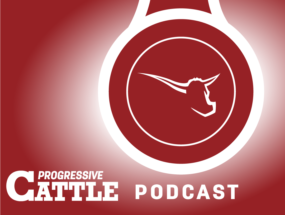A recent study from the University of Idaho (UI) shows a strong correlation between beef consumption during the first year of life and improved cognitive function among 3- to 5-year-old children.
“From birth to 5 years old, what is fed is critical for brain development,” Annie Roe, an extension specialist and the study’s principal investigator, said in a UI press release. “There is reason to believe that what is eaten early on carries on through life. There are times in brain development if we do not provide these key nutrients in the right amounts, then there are deficits that can’t be overcome later in life.”
Sixty-one children were evaluated for the study. About half were under 3 years old, and the rest were 3 to 5. Results were inconclusive in children under 3, but researchers found a strong correlation between beef consumption during the second six months of life and the ability to pay attention and inhibitory control in the older children. Consumption of zinc and choline – both of which beef is rich in – was also correlated with stronger cognition.
While the study, which was funded with a grant from the Idaho Beef Council, gives strong evidence for the benefits of feeding infants beef, Roe says it wasn’t designed to indicate causation. The study didn’t include a control group, and socioeconomic status wasn’t considered. Several other external factors, such as whether families eat together and engage in conversation during meals, could also have a strong influence on cognitive function.
“I’m really cautious in the conclusions of our study,” said Roe. “We’re not saying beef is the miracle developmental food everyone has to include. We’re saying beef – probably because it is rich in these nutrients that are important for early childhood development – is related to improved cognition later in life.
“I think this is the beginning of a series of studies that can help us have a bigger picture of how we should feed young children.”








